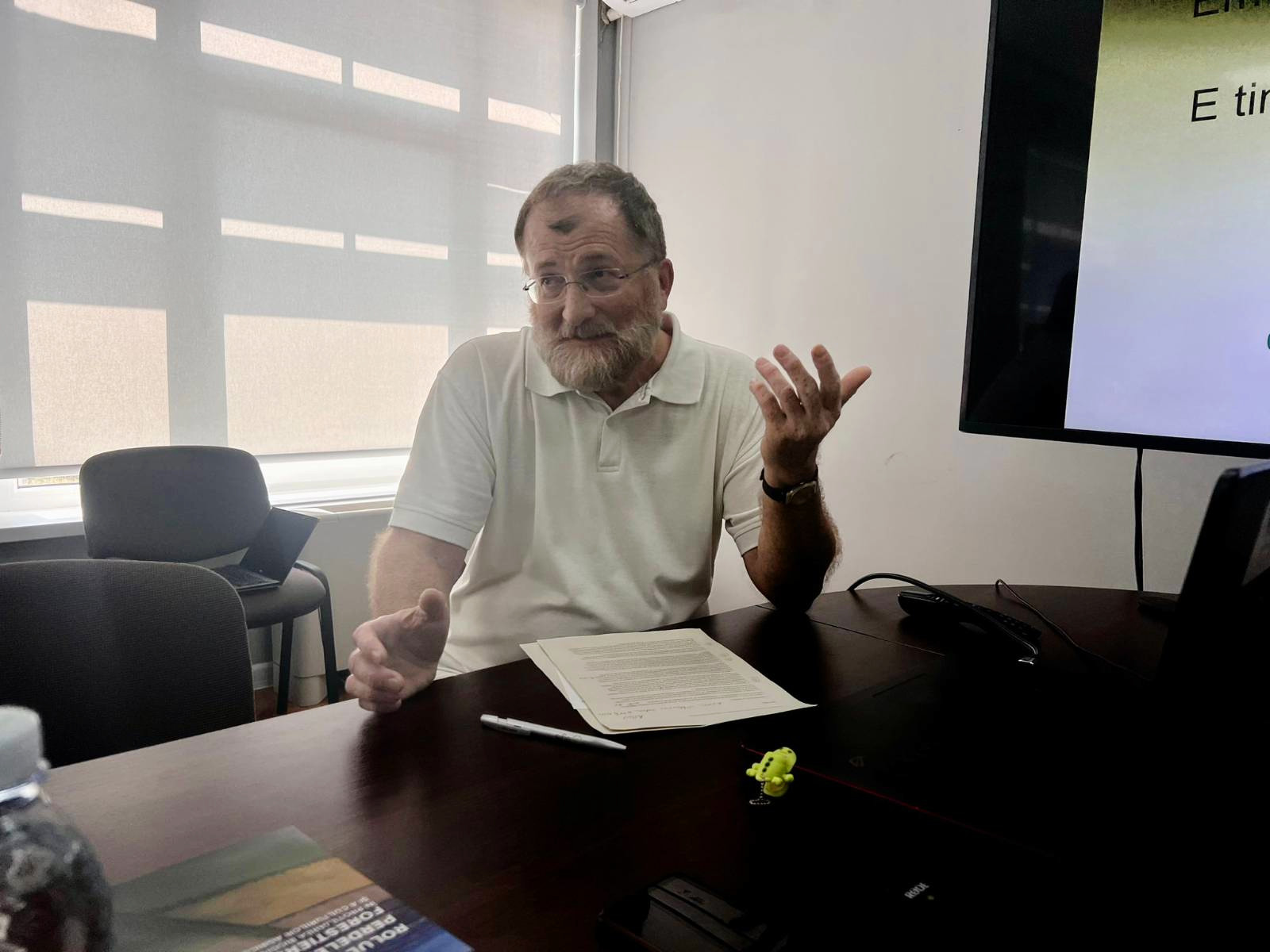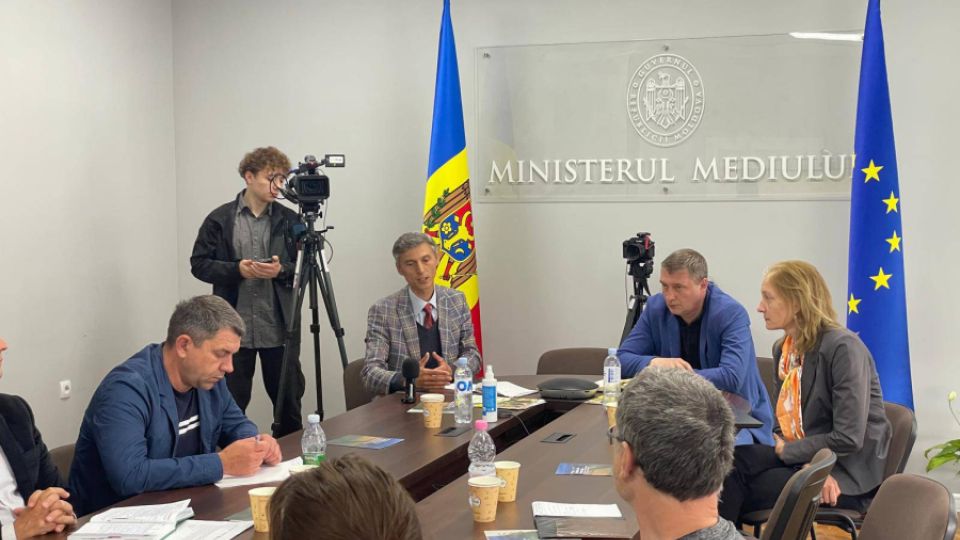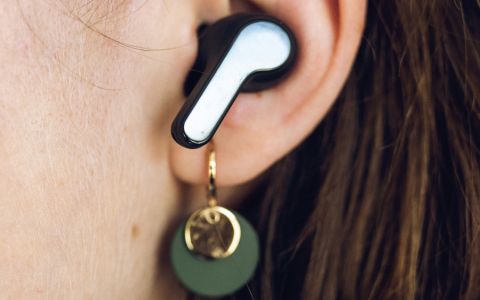CHIȘINĂU - A joint press conference of experts, representatives of (inter-)governmental bodies and non-governmental organisations Biotica (Moldova) and Arnika (the Czech Republic) shared experiences on the implementation and maintenance of European nature preservation systems. The speakers discussed, among other things, the possibility of preparing for Natura 2000 network of protected areas in Moldova.
Moldova is currently adopting the Emerald network of protected sites to preserve local wild flora, fauna and their natural habitats. However, following the decision to open pre-accession talks between Moldova and the European Union at the end of last year, the issue of another network of protected areas, Natura 2000, also arose. Natura 2000 is the European Union's equivalent of Emerald, but requires, among other things, detailed, up-to-date and comprehensive mapping of biodiversity across the country, as well as the allocation of sufficient official and professional capacity.
A representative of the Moldovan Ministry of Environment, Aliona Rusnac, opened the conference by describing the achievements in the field of establishing and maintaining the current Emerald Network of protected natural areas. She also identified strengthening institutional capacity and reforming the management system of protected natural areas as a priority for the Ministry, with the establishment of a dedicated agency for protected natural areas on the agenda.
Next spoke Ilona Gruenewald, programme manager for agriculture, rural development and food safety from the European Union’s Delegation to Moldova. She expressed support for the country's environmental efforts and described technical details of European nature protection systems, talking about the origin of the Emerald and Natura 2000 networks, EU policies on biodiversity protection and nature restoration measures.
The keynote speech of the conference was given by Petr Roth. A Czech expert, with sound experience in developing nature conservation systems in the Czech Republic and Western Balkan countries, including integration into the Natura 2000 network, which involved nearly unprecedented field research of the Czech biodiversity. Among other things, Roth described the development of the existing Emerald network in Moldova as a one with a room for improvements: according to him, at the current rate of development, it would take another 70 years to reach an adequate state.
You can download the full content of Mr. Roth's speach below.
Roth also pointed out that integration into the European Natura 2000 is one of the conditions Moldova will need to meet if it wants to finish the complicated EU accession process. “The ultimate goal is not the creation of the Natura 2000 network as such, but the permanent protection of nature within its territory,” Roth described. But also warned that Natura 2000, if properly prepared, will automatically meet all the standards of the current Emerald network, but not vice versa.

He also stressed that Natura 2000 network will require a different approach than the currently introduced system, in particular in mapping of habitats and species throughout the country, not just on selected sites. Roth proposed a systematic, well-organised and stably funded approach with a dedicated nature conservation agency. While he appreciates the forestry skills of MoldSilva, the agency that currently manages all the Moldovan protected areas, he emphasizes it cannot replace a dedicated expert conservation institution.
Pavel Pinkava, Arnika's project coordinator in Moldova, is pleased with the wide range of speakers and the opportunity to share practical experiences from both sides of the current EU border. "It will certainly take a lot of work to create a truly functional and sustainable system of environmental protection. But it is an important and timely issue: biodiversity protection is an integral part of mitigation measures in an era of gradual climate change. It is clear that it will require not only the activity of the authorities, but also the interest of professional biologists, research institutes and civil society," he adds.
The conference was organised as part of the project "Czech Support for a Better Management of Protected Areas in Moldova", implemented by the United Nations Development Programme (UNDP) Challenge Fund and also with support from the Transition Promotion Programme of the Ministry of Foreign Affairs of the Czech Republic. The organising NGOs, Biotica and Arnika, have a long history of working together. Their work includes helping local communities in rural areas, sharing best environmental practices across borders, and supporting volunteer rangers to protect the remnants of little touched nature.

For more information, please contact Arnika’s international PR officer, Jan Kašpárek, +420 770 143 103 / This email address is being protected from spambots. You need JavaScript enabled to view it.







